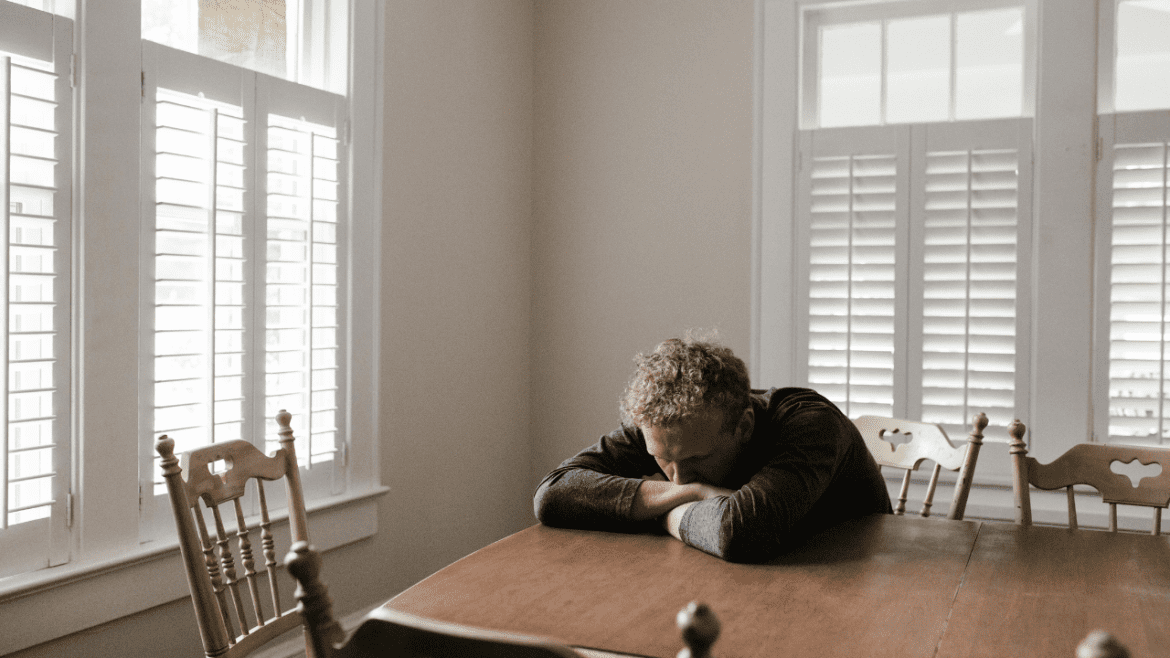Did you know that Leading Edge Senior Care has a Dementia Support Group? We meet monthly in Mesa. For more details <click here>
Ways Seniors Can Avoid Hearing Loss
Hearing loss is a prevalent issue among seniors, often leading to feelings of isolation and frustration. It can significantly impact their quality of life, affecting communication and social interactions.
However, there are proactive steps seniors can take to avoid or minimize hearing loss. By incorporating these strategies, they can preserve their hearing and maintain their overall well-being.
Regular Hearing Check-Ups
One of the most effective ways to prevent hearing loss is through regular hearing check-ups. Early detection of hearing issues can lead to timely interventions, preventing further deterioration. Seniors should schedule annual hearing tests with an audiologist.
This proactive approach allows for the identification of any changes in hearing ability, enabling the implementation of necessary measures to protect their hearing health.
Protecting Ears from Loud Noises
Exposure to loud noises is a major cause of hearing loss. Seniors should be vigilant about protecting their ears in noisy environments. Using earplugs or noise-canceling headphones can significantly reduce the risk of noise-induced hearing loss.
Activities such as attending concerts, using power tools, or even prolonged exposure to traffic noise can harm hearing. By taking preventive measures, seniors can shield their ears from potential damage.
Managing Chronic Health Conditions
Certain chronic health conditions, such as diabetes and hypertension, can contribute to hearing loss. Seniors should manage these conditions effectively by following their healthcare provider’s recommendations.
Controlling blood sugar levels, maintaining healthy blood pressure, and adopting a balanced diet can help prevent complications that might affect hearing. Regular exercise and avoiding smoking are also beneficial in managing these conditions and protecting hearing health.
Staying Active and Engaged
Physical activity and social engagement play a vital role in overall health, including hearing. Regular exercise improves blood circulation, ensuring that the delicate structures of the inner ear receive adequate oxygen and nutrients.
Social interactions stimulate the brain, keeping it active and reducing the risk of cognitive decline associated with hearing loss. Seniors should participate in activities they enjoy, join clubs, or engage in community events to stay physically and socially active.
Avoiding Ototoxic Medications
Some medications can be ototoxic, meaning they can cause hearing damage. Seniors should be aware of the potential side effects of their medications and discuss any concerns with their healthcare provider. If a medication is identified as ototoxic, alternative treatments may be available. It is crucial to follow the prescribed dosage and avoid self-medication to minimize the risk of hearing loss caused by drugs.
Using Assistive Listening Devices
For seniors already experiencing some degree of hearing loss, assistive listening devices can be invaluable. Hearing aids, amplified telephones, and personal listening systems can enhance hearing and improve communication.
These devices should be fitted and adjusted by a professional to ensure optimal performance. Using assistive listening devices can help seniors stay connected with their surroundings and maintain their independence.
Maintaining Ear Hygiene
Proper ear hygiene is essential for preventing hearing issues. Seniors should clean their ears gently and avoid inserting objects like cotton swabs into the ear canal, as this can cause injury or push earwax deeper. Regularly cleaning the outer ear with a damp cloth and using ear drops if recommended by a healthcare provider can help maintain ear health. Excessive earwax buildup should be addressed by a professional to prevent hearing impairment.
Staying Informed and Educated
Education and awareness are key to preventing hearing loss. Seniors and their caregivers should stay informed about the latest advancements in hearing health and protection. Attending seminars, reading reputable sources, and consulting with healthcare professionals can provide valuable insights. Understanding the risks and preventive measures empowers seniors to take control of their hearing health.
Reducing Stress and Anxiety
Stress and anxiety can negatively impact hearing health. Chronic stress can lead to increased blood pressure and reduced blood flow to the ears, contributing to hearing loss. Seniors should practice stress-reducing techniques such as meditation, yoga, or deep breathing exercises. Engaging in hobbies and spending time with loved ones can also help alleviate stress and promote overall well-being.
Embracing a Healthy Lifestyle
A healthy lifestyle encompasses all aspects of hearing health. Seniors should adopt a diet rich in antioxidants, omega-3 fatty acids, and vitamins to support ear health. Staying hydrated, getting enough sleep, and avoiding excessive alcohol consumption are also crucial. A holistic approach to health ensures that seniors can enjoy their golden years with optimal hearing and a higher quality of life.
In conclusion, while hearing loss is a common concern among seniors, there are numerous strategies to prevent or mitigate its impact. Regular check-ups, protecting ears from loud noises, managing chronic conditions, staying active, avoiding ototoxic medications, using assistive devices, maintaining ear hygiene, staying informed, reducing stress, and embracing a healthy lifestyle all contribute to preserving hearing health. By taking these proactive steps, seniors can enjoy better hearing and a more fulfilling life.

